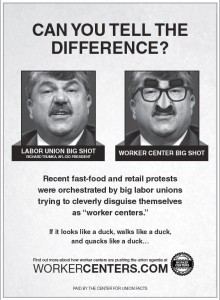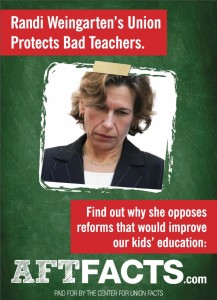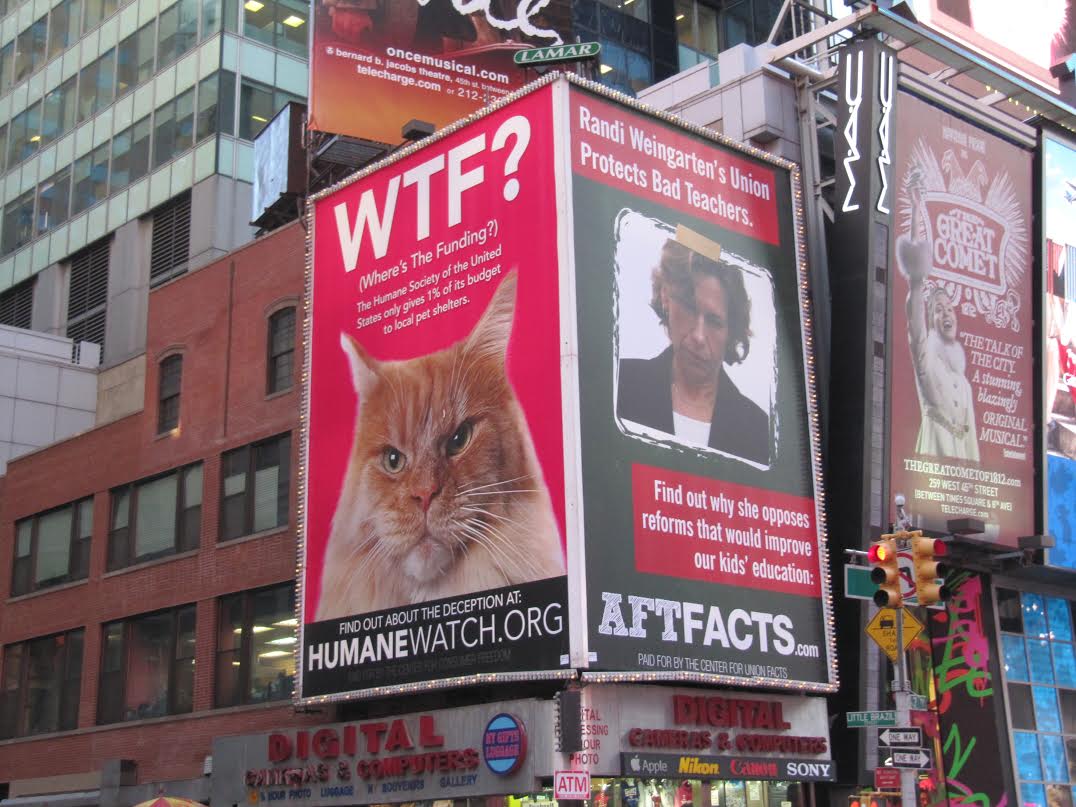WASHINGTON, D.C. – On Sunday, the Center for Union Facts (CUF) will run a television ad just prior to Super Bowl kickoff highlighting the Employee Rights Act (ERA), a bill introduced into the current Congress by Senator Orrin Hatch (R-Utah) and Representative Tom Price (R-Georgia), which provides increased employee protections against union abuses. The ad emphasizes the continuous pressure by union organizers to have employees publicly cast their votes in unionization elections—an anti-democratic process known as “card check.”
The ad can be viewed here.
The ad shows a series of individuals sitting on a toilet in highly visible public places. A narrator then states, “We all know that some activities should be guaranteed privacy, like voting on whether or not to pay labor union dues.”
The narrator then goes on to warn, “Today, labor bosses want to destroy privacy when it comes to voting,” concluding, “The Employee Rights Act guarantees that your private vote will always be protected to avoid pressure from union organizers.”
Richard Berman, executive director of the Center for Union Facts, says the measure is intended to ensure the most basic democratic principles are afforded employees in the workplace. “If voting in private is proper in presidential elections, then it is equally proper in unionization elections,” said Berman. “The Employee Rights Act would guarantee this fundamental right to all employees.”
Among other provisions, the ERA would also require that unions receive the express consent of their members before spending union dues on political activities, aka, paycheck protection.
A poll conducted by ORC International demonstrates that both union and non-union households strongly support measures contained in the ERA. When asked if employees should have a right to a federally-supervised secret ballot election, 78 percent of union and non-union households support the idea.
More information on the ERA is available online at EmployeeRightsAct.com.








